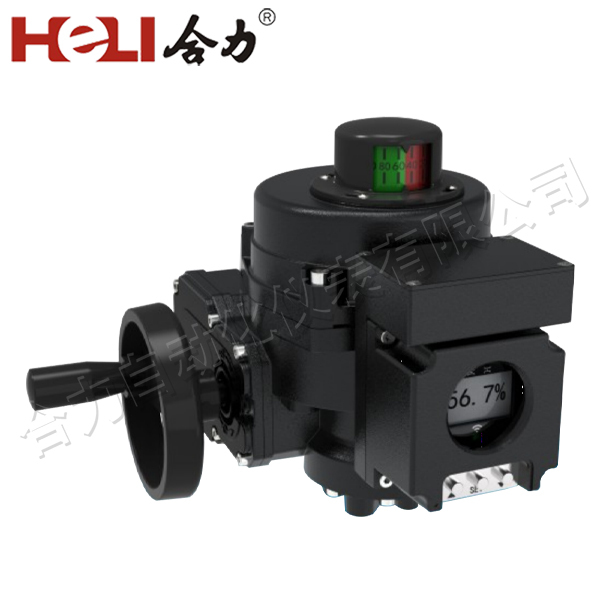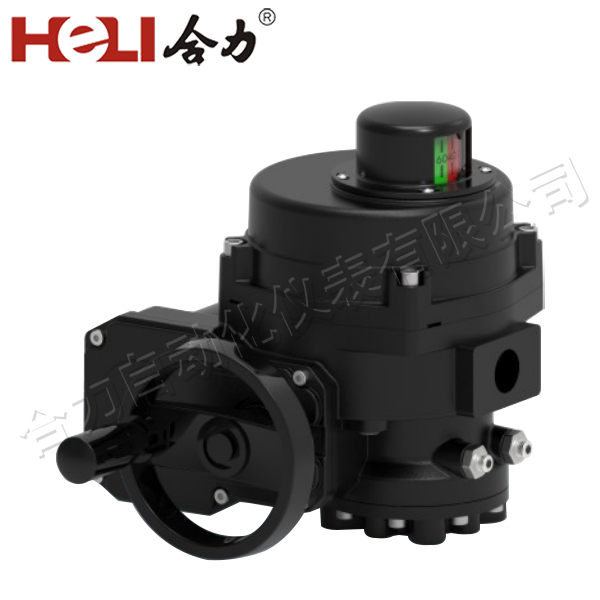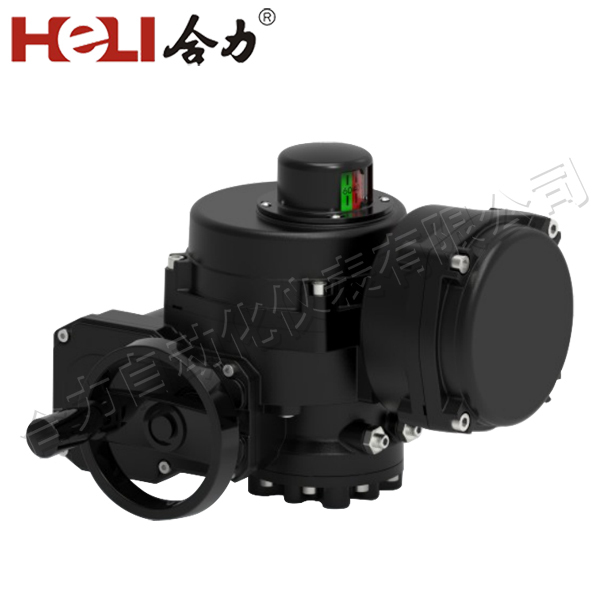In recent years, the demand for sustainable and efficient energy systems has led to the development of innovative technologies, including hydrogen energy solutions. Among these, the hydrogen energy electric actuator stands out as a promising alternative in various industries due to its eco-friendly nature and potential for high efficiency. This article explores the principles, advantages, applications, and challenges of hydrogen energy electric actuators, shedding light on their role in the transition toward a more sustainable future.

What is a Hydrogen Energy Electric Actuator?

A hydrogen energy electric actuator is a device that converts energy stored in hydrogen gas into mechanical motion through an electric actuation system. Unlike traditional actuators that rely on electricity from conventional power sources or battery-powered systems, hydrogen energy electric actuators use hydrogen fuel cells as a source of energy. These actuators rely on the chemical reaction between hydrogen and oxygen, producing electricity to drive electric motors and generate mechanical movements such as opening valves, moving robotic arms, or controlling other automated machinery. The operation of a hydrogen energy electric actuator begins with hydrogen gas being supplied to a fuel cell. Inside the fuel cell, hydrogen undergoes a reaction with oxygen, producing electricity and water as byproducts. The generated electricity is then used to power the actuator, enabling it to perform its function. The process is highly efficient, producing zero emissions, making it an attractive option for clean energy solutions.

Leave a Reply
You must be logged in to post a comment.